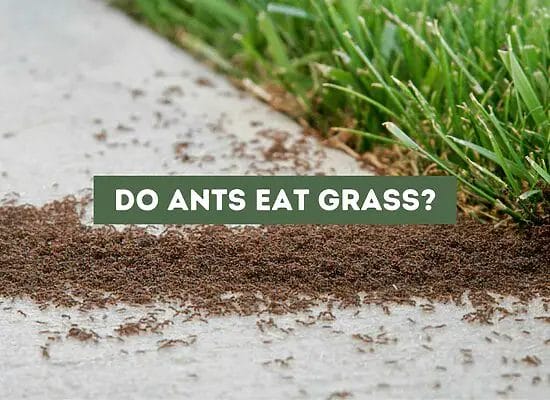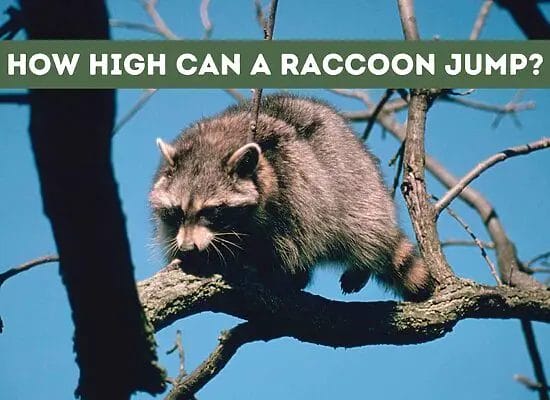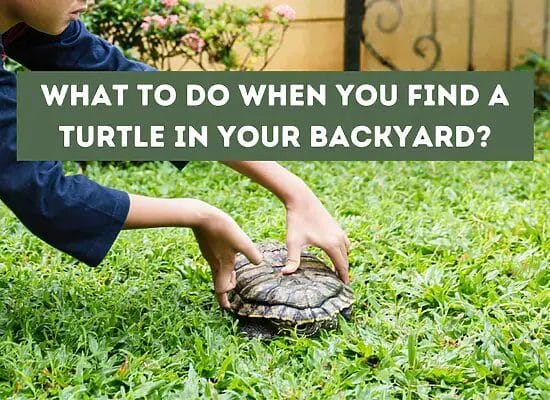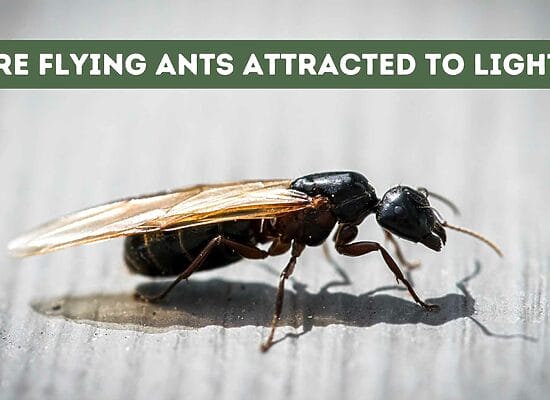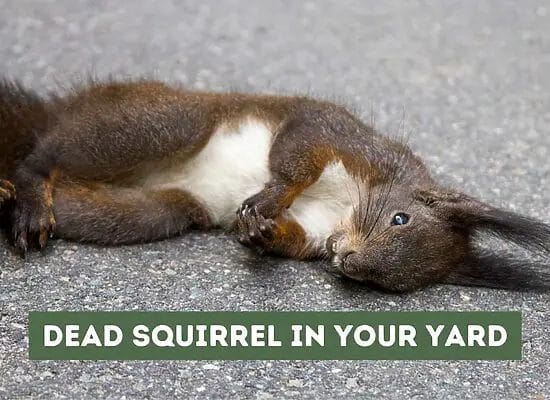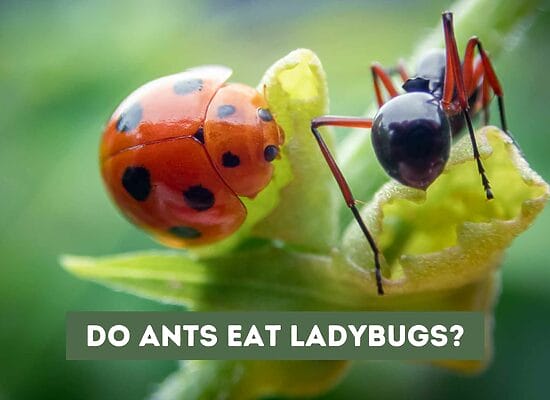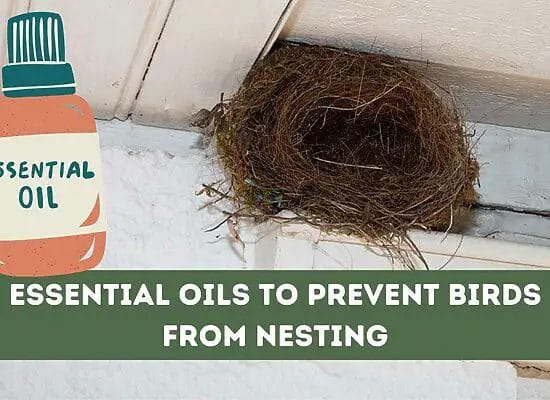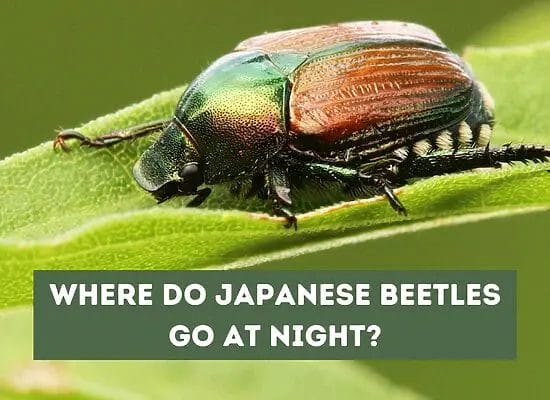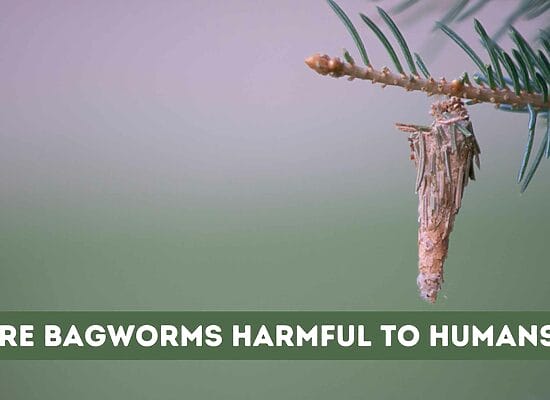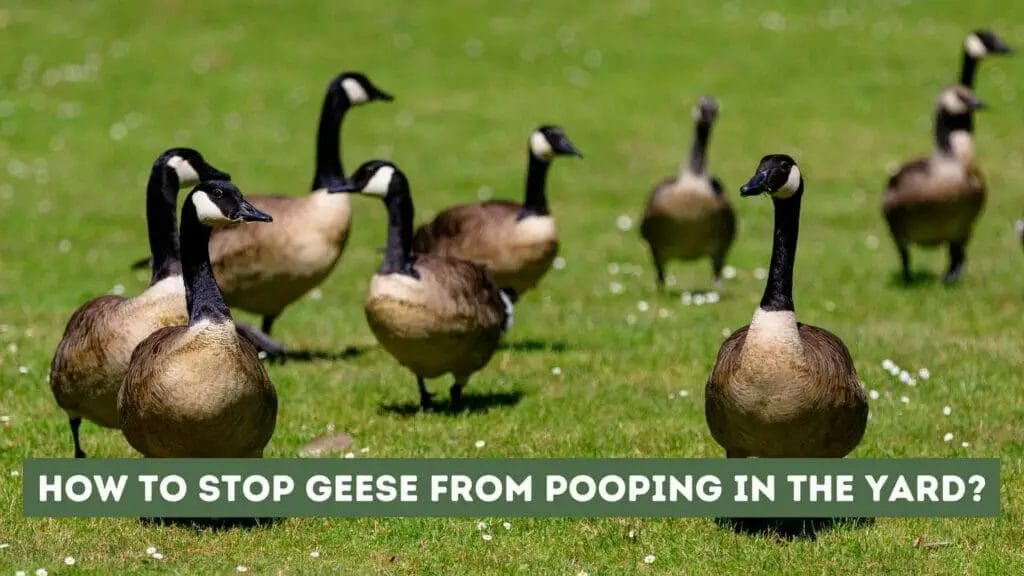
Dealing with geese in your yard might seem like a minor issue, but it can become a frustrating obstacle for homeowners who experience it frequently. Geese are well-known for creating quite a mess with their droppings, leaving homeowners searching for effective solutions to deter these unwelcome guests. This article aims to provide a few tips on how to stop geese from pooping in the yard.
Although geese are often considered beautiful and interesting to observe, their presence in your yard can lead to unsightly messes, damaged grass, and even potential health risks. By understanding why geese are attracted to your property and utilizing the proper deterrent methods, you can minimize the impact of their presence and maintain a clean and healthy outdoor space for you and your family to enjoy.
Key takeaway points:
- Geese create messes, damage grass, and pose potential health risks in yards;
- Understand geese behavior: they are social, feed on grass and seeds, nest near water, and are territorial;
- Prevent geese attraction by modifying the landscape, letting the grass grow longer, planting tall shrubs or trees, and installing barriers around water sources;
- Regulate feeding habits by not feeding geese, securing pet food, and using geese-proof bird feeders;
- Employ geese deterrent techniques such as decoys, fencing or barriers, and noise makers;
- Use natural and chemical repellents like dogs or methyl anthranilate to deter geese;
- Seek professional help from wildlife control officers or goose control companies for humane geese management;
- Combine multiple strategies for a clean, geese-free yard.
Understanding Geese Behavior
Geese are highly social animals, and when they find a suitable nesting site or a good food source, they tend to maintain their presence in the area. This can cause issues for homeowners, especially when the geese become comfortable and start leaving droppings all over the property. A proper understanding of geese’ behavior helps in employing effective methods to deter these birds.
One key aspect of geese behavior is their feeding habits. They primarily feed on grass, seeds, and aquatic vegetation, which makes lawns and yards attractive to them. Additionally, they require a water source nearby, so they are often found close to lakes, ponds, and other water bodies.
Geese have a strong nesting instinct, and they prefer to nest near water sources. They usually come back to the same nesting site year after year. Therefore, it is crucial to address the nesting issue and deter them from choosing your yard as their preferred location.
Another noticeable characteristic of geese is that they are quite territorial and protective of their families. They may become aggressive when they perceive any threat to their young ones or their nesting area. This makes employing humane methods essential for deterring geese from your property without causing them harm.
Preventing Geese Attraction
This section will delve into the crucial topic of preventing geese attraction to your property. By understanding the factors that make your yard appealing to these birds, you can take proactive measures to create a less inviting environment.
Modify Your Landscape
Geese are attracted to short grass and open spaces. To make your yard less appealing, consider letting your grass grow longer than 6 inches. This makes it more difficult for geese to walk and forage, discouraging them from settling in.
Another landscaping option is to plant tall shrubs, bushes, or trees, which can help limit access and deter geese due to a lack of visibility. You may also want to install barriers or fencing around ponds and water features to limit their access to water sources.
Regulate Feeding Habits
One of the main reasons geese are attracted to a yard is the availability of food. To discourage them from staying, take away any accessible food sources. Avoid feeding geese or leaving pet food outside, as this encourages them to stick around.
Pay attention to your bird feeders, too. If you do have bird feeders, consider placing them in locations where the geese can’t access the seeds easily or using feeders specifically designed to keep geese away.
Geese Deterrent Techniques
Managing geese on your property can be challenging, but there are several methods that can help mitigate the problem. In this section, we’ll discuss three effective deterrent techniques: using decoys, installing fencing, and employing noise makers.
Use Decoys
Decoys can be an effective way to deter geese from your yard. By using realistic predator decoys such as coyotes, foxes, or owls, you can create the illusion of a threatening environment for the geese. It’s important to move decoys periodically, as geese will learn to ignore static objects that don’t pose a real threat.
Install Fencing or Barriers
Installing fencing or barriers is one of the most effective ways to prevent geese from entering your yard. A four-foot-high fence can help deter geese from entering your property. Additionally, other barriers such as vegetation, hedges, or decorative fences can also be used to keep geese away.
Employ Noise Makers
Another way to keep geese away from your yard is to use noise makers to make loud noises that can scare geese away. You can also employ other noise-making devices like air horns, whistles, or ultrasonic devices to deter geese from your property.
Natural and Chemical Repellents
One effective method to discourage geese from invading your yard is by using natural and chemical repellents. Both options have their own advantages, and you can choose the best one based on your needs and preferences.
In terms of natural repellents, dogs can be valuable assets for keeping geese away from your property. A medium to large-sized dog can pose a significant threat to geese, often prompting them to find a new location to avoid conflict. However, it’s crucial to ensure your dog’s safety and not let them harass the birds unnecessarily.
Chemical repellents, on the other hand, can alter the taste or smell of the area to deter geese without causing harm to the birds. One example of an effective chemical repellent is methyl anthranilate, which is found in grape-flavored products. When applied to your lawn, this substance makes the grass taste unpleasant to the geese, discouraging them from feeding in your yard.
Another option for chemical repellents is using a combination of products, such as liquid deterrents, which can be applied to the grass, pond, or other surfaces in your property. By using a mixture of these repellents, you create a more robust deterrent system, effectively keeping geese out of your yard.
Remember to follow the instructions carefully while using chemical repellents, as they can potentially have an impact on the environment if not used correctly. It’s essential to balance the need to deter geese with the responsibility to protect the ecosystem.
Professional Assistance
When looking for ways to stop geese from pooping in your yard, sometimes the most effective solution is to seek professional help. There are specialist companies that focus on goose control, providing safe and humane methods to deter geese from your property.
Consider Wildlife Control Officers
Wildlife control officers are trained professionals who can efficiently and humanely manage geese-related issues. They use various techniques to deter geese, such as:
- Implementing sound and visual deterrents
- Using trained dogs to scare geese away
- Applying safe and legal repellents
- Relocating geese or their nests, when appropriate
By hiring a professional goose control company, you can ensure that geese are deterred properly while adhering to local laws and regulations related to wildlife management.
Conclusion
In summary, there are a variety of methods to prevent geese from pooping in your yard. One effective technique is to scare geese away using a noise-making object. This method helps them associate the noise and fear with your yard, thus discouraging them from returning.
Another useful approach is to have dogs around your yard, as their consistent presence will make geese feel unsafe and encourage them to find a different location. You can also use liquid goose repellents, which are harmless to the birds but will discourage them from frequenting your property.
Eliminating food sources, such as bird feeders and unsecured trash, is another effective way to make your yard less appealing to geese. Lastly, employing decoys and reflective materials near areas like compost piles can deter geese from approaching those spots in your yard.
By combining these strategies, you can maintain a clean and geese-free yard, ensuring a pleasant outdoor space for you and your family to enjoy.



